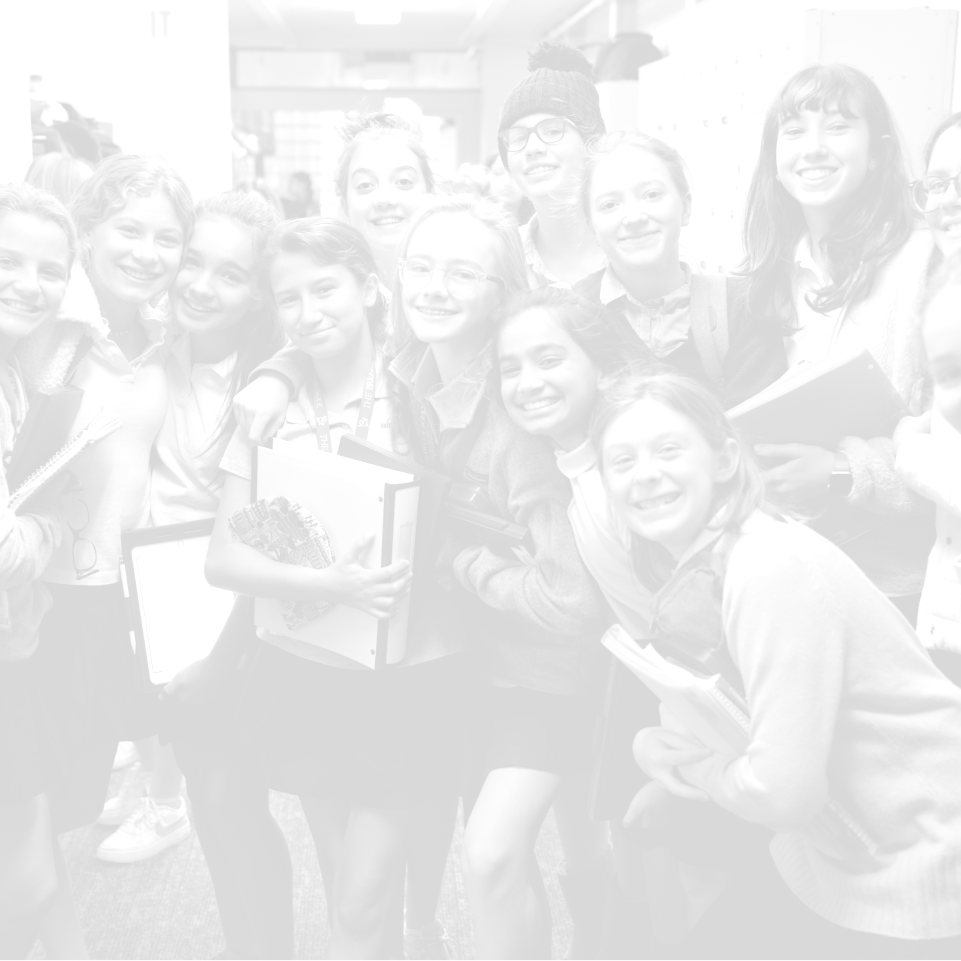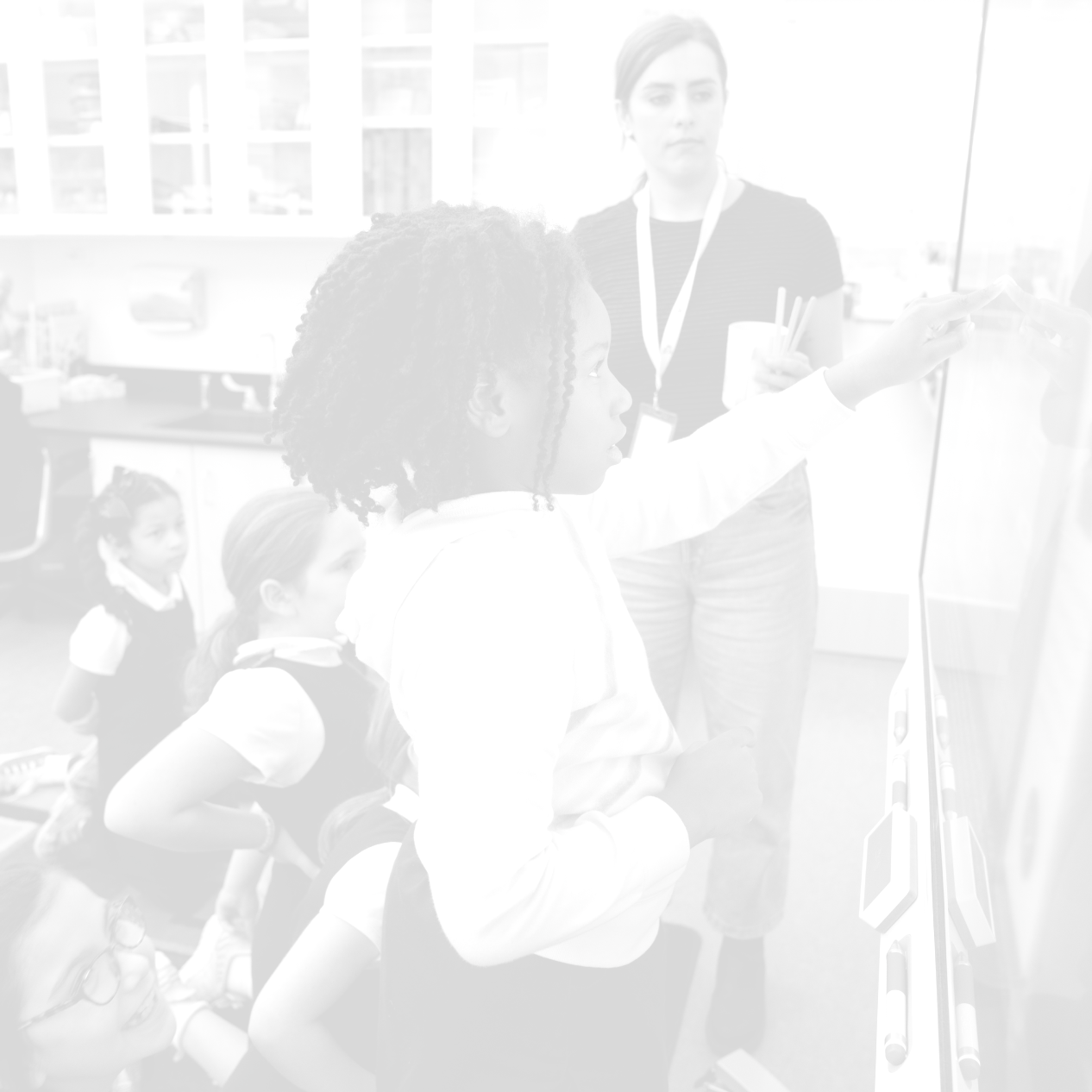Class XI and Class XII History Course Offerings
ATLANTIC WORLD: examination of how interactions between Europe, Africa, and North and South America, from the fifteenth century onward, spurred the creation of Atlantic empires that ultimately spanned the Western Hemisphere and encroached on the Pacific Rim. Students explore some understudied regions of the Americas, including Brazil, Peru, the Caribbean, Canada, and several indigenous nations. Intrinsically comparative, this course challenges students to use their knowledge of contrasting physical environments, colonial economic and political systems, European and African immigrant populations, and indigenous cultures to account for modern political and cultural differences between various regions of the Americas. It also considers how environmental studies, genetics, linguistics, and film can enrich one’s understanding of historical questions. Includes a research component (open also to XII).
A HISTORY OF FEMINIST THOUGHT: a study in feminist theory across time and space. Building on the work of women who have argued that gender is a construct, students will explore the ways in which the focus on women’s equality has shifted and expanded over time. Students will be acquainted with the “feminist canon,” as well as critiques leveled by marginalized women and trans people at many limits built into this paradigm. To complicate the notion of feminism and women, we will investigate how articulations of equality itself can produce a definition of “women” that is exclusive. An exploration of works of queer and trans theorists will examine how they ground their inquiry in the constructive nature of patriarchy. Tasked with putting conflicting feminist writing in conversation, students will develop their own nuanced notions of equity and gender. This course includes a research component (open also to XII).
HISTORY OF CHINA, KOREA AND JAPAN: an appreciation of the history and culture of over one-fifth of the world’s people. The course starts with the history of the twentieth and twenty-first centuries in China, and then looks back chronologically at political, social and cultural developments in China, Korea and Japan, culminating in consideration of the disparate Chinese, Korean and Japanese responses to European incursions in the modern period, the legacies of World War II and the division of Korea, and the position of Korea and Japan in the world today. Includes a research component (open also to XII).
HISTORY OF WARFARE: a survey of the global history of war from the Gunpowder Revolution of the fifteenth century to the present. Students will examine the evolving interaction of military technology, government, and society, and engage with the ideas of major theorists, including Sun Tzu, Napoleon, Clausewitz, and Mao. They will also explore the development of the laws of war and the Humanitarian and Human Rights movements that arose, in part, in response to modern warfare. The course ends considering the challenges of asymmetrical warfare, drones and cyber warfare, artificial intelligence, and the climate crisis. Includes a research component (also open to XII).
HUMANITARIANISM—PAST, PRESENT, FUTURE: humanitarianism—the drive to save lives, alleviate suffering, and protect human dignity around the world—is one of the defining characteristics of international action in the twenty-first century. This course will explore the meaning, expression, and history of international humanitarian action. Students will examine case studies of humanitarianism in different upheavals, emergencies, and conflict situations, tracing the underlying moral and political considerations that lead us to care about the suffering of others, the roles and responsibilities of agencies and actors intervening in complex humanitarian emergencies, and the legal framework for intervention. In the end, students will evaluate the logic and limitations of humanitarian action while exploring how it might become more responsive and effective to the people who need it most and those it seeks to serve. Includes a research component (open also to XII).
LATIN AMERICAN CULTURAL STUDIES: introduction to critical issues and themes in the history of Latin America since 1800. Students will explore the developments that characterize the region as a whole, while keeping in mind the considerable variation among the countries in the region. The course uses a critical cultural studies approach developed by Latin American thinkers to undo and relearn many of the historical narratives, discourses, and structures present throughout the Western Hemisphere. In line with projects to decolonize knowledge and empower students to be active and critical thinkers, time will be dedicated to learning how to produce knowledge and weave varied perspectives into the way we understand history. Includes a research component (open also to XII).
MODERN AFRICA: exploration of twentieth-century African history, with special attention to political, military, and religious history. Students will examine how Africans forged new nations from the crucible of colonialism; crucial to that story is the military history of the continent from the revolutions of the nineteenth century to the civil wars in the Congo during the late twentieth and early twenty-first centuries. Students will also consider why Africans converted en masse to Christianity and Islam over the last century and how religion shaped daily life, gender relations, and politics. Includes a research component (open also to XII).
MODERN EUROPEAN HISTORY: exploration of European history with particular attention to nationalism and other sources of identity. After a preliminary discussion of national and regional identity in contemporary Europe and a quick survey of the Middle Ages, students will spend the winter studying European history from the Renaissance and Reformation to World War I. In the spring, the focus will shift to historiography, with readings and discussion of monographs on the rise of the Soviet Union, Nazi Germany, and the Holocaust. Students will take the lead in teaching the unit on Europe since 1945. Includes a research component. (open also to XII)
MODERN MIDDLE EAST: examination of the major themes and developments in the history of the Middle East with a focus on the end of the eighteenth century through the early twenty-first century. The course will pay particular attention to the development of Middle Eastern states and how people and states in the region responded to colonialism. Students will explore discussions of Islam, imperialism, oil, gender, and decolonization. By engaging with a variety of scholars of different disciplines, students will exit the class with an understanding both of the modern Middle East and of contemporary scholarship on the region and its past. Students will further develop their research and analytical writing skills and work with a variety of sources, including scholarly articles, excerpts from monographs, novels, and films. Includes a research component (open also to XII).
NYC HISTORIES: examination of the many perspectives of New York City history with a range of sources including scholarly research, oral histories, archival collections, and works from popular culture. Whenever possible, we’ll use New York City and its institutions as our campus to develop connections between our research and the lived experiences of different parts of the city. Topics include the different stories that can be told with different kinds of maps; monuments and memorials around New York City; neighborhood identity as it changes over time; and the ways in which urban living supports and challenges diversity of thought and experience, how people come together and where to celebrate a shared interest, and how community can be threatened by urban development. Includes a research component. (open also to XII)
THE UNITED STATES SINCE 1945: The United States Since 1945 will aim to answer the question, “Why is the United States the way it is today?” Students will take a thematic approach to understanding the historical influences on contemporary issues relating to the themes of “conservatism,” “rights,” and “media.” We will start each unit with a common text—Bruce J. Schulman’s The Seventies: The Great Shift in American Culture, Society and Politics—and will build research questions based on this text. We’ll spend some time in each unit reviewing the major events of the post-war period through the present, constructing timelines and concept maps to solidify our understanding of events, before delving into independent research.
AFRICAN AMERICAN HISTORY: This course will review historical and contemporary responses to what is still a fundamental question in American life: how best to realize African American equality. Writer and social critic James Baldwin asserted that “American history is longer, larger, more various, more beautiful, and more terrible than anything anyone has ever said about it...” Building on Baldwin’s claim, we will explore the beautiful and challenging aspects of the African American experience and the relationship between oppression, resistance, and resilience. From calls to go “back to Africa” to efforts to fully integrate Africa into America, Black Americans have called upon this country to live up to its claim that “all men [and women] are created equal.” The class will draw from a range of scholars, leaders, and artists, from the formerly enslaved people who sought to speak for themselves to twenty-first-century writers who continue to call upon the United States to deliver on its promises of freedom and justice for all. The goal is for students to engage provocative points of view as they consider and deepen their own. Includes a research component.
INDIGENOUS AMERICAN STUDIES: This course centers the study of Indigenous identity, sovereignty, resistance, and diversity across the Western Hemisphere. Starting with some theoretical concepts from American Studies and related fields to frame the course, we will go through the chronology of Indigenous societies from before European contact to the present day. This course will have a particular focus of presenting Indigenous perspectives on interactions with other societies, Indigenous ways of producing knowledge, and celebrating Indigenous resilience and success. With a mix of lectures, text-based discussions, research projects, and participation in the Indigenous worlds around us, students will gain a familiarity and understanding of the ways Indigenous people contribute to our societies and identities. This course includes a research component.
INTRODUCTION TO POLITICAL SCIENCE: This course seeks to give students an introduction to the field of political science. Students will begin by learning about what political scientists study and, just as importantly, how they research and produce scholarship—how is their methodology different from historians’? The course will then touch upon the four subfields of political theory, American politics, comparative politics, and international relations. In each unit, students will explore some of the key questions that researchers seek to answer through reading introductory texts and contemporary scholarship. This course includes a research component that will ask students to delve deeper into a specific topic by producing a literature review.
HISTORY OF ART: In this course, we will explore great works of art from ancient times to the dawn of the modern age and work to understand them within the context of the social, political, religious, and cultural climates in which they were created. This introduction to paintings, sculpture, architecture, and material culture will not only explore art on the aesthetic level, but also present it through the lens of formative theories of art history. Unlike the typical art historical survey, which focuses on Western art, we will take a global approach and examine art from a diverse range of cultures. Both masterpieces and lesser-known works of art will be explored, highlighting themes such as: the role of the patron; the impact of public vs. private display settings; the role of museums as repositories of art; the ongoing debate about who owns art; dress and the expression of identity; famous archaeological excavations and the preservation of history; and how our own lived experiences impact our reactions to works of art. This course includes a research component.





